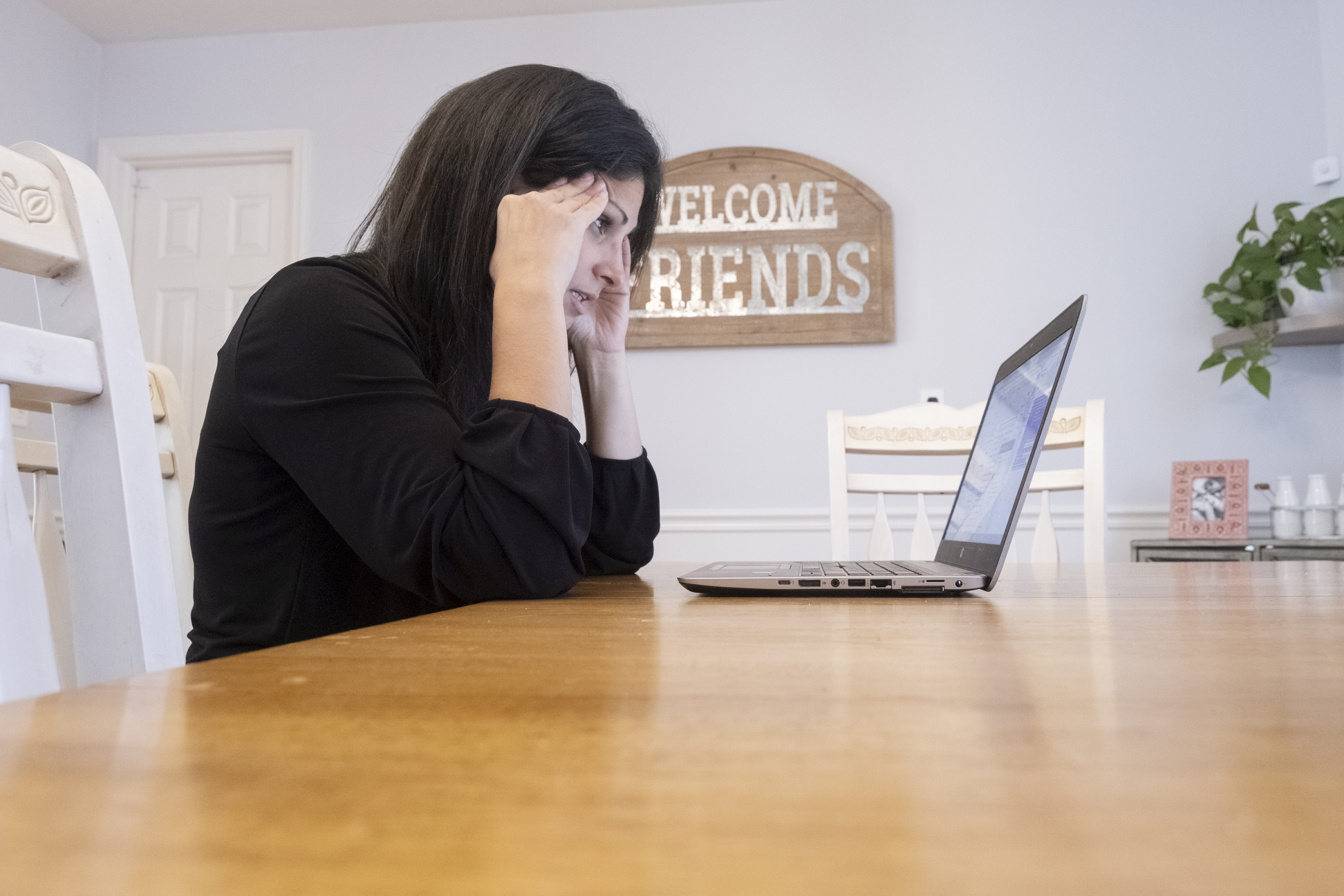Signs That You Need a Mental Health Day

February 08, 2022
When you’re under the weather with a fever, cough or nausea, it’s easy to know you need to take a sick day. What’s not so clear is when you should stay home for a mental health day, but the concept is slowly catching on.
If you’re feeling burnt out by long work hours, overwhelmed by personal circumstances or overcome by depression and anxiety - a break from your regular work responsibilities to care for yourself might help turn things around and enable you to return to work the next day a better employee.
Sometimes, it’s obvious when to use a mental health day: You’re having trouble coping with a recent breakup, or you’re upset by a poor work review.
Other times, it may be harder to know if you should take a day off to bolster your mental health. But taking care of yourself in the short term should make you healthier, calmer, better adjusted and a more reliable employee in the long term.
Here are some common signs that you may need a mental health day:
- You’ve lost your motivation and ability to focus at work
- You’ve become less productive, even though you’re working the same number of hours
- You’re exhausted after throwing yourself into a time-intensive work project
- You’ve become sad, irritable or angry
- You’re more anxious or depressed than usual, and you’re feeling overwhelmed
- You’re having trouble sleeping
- You’re getting chronic headaches that seem to be related to stress
- You worry about work outside of business hours
- You’ve lost interest in the activities that bring you joy
- You’ve withdrawn from your loved ones due to stress or anxiety
- You don’t feel like yourself anymore, even after work; you’re always stressed
- You’ve become sarcastic and cynical about your work or your future with your employer
What to tell your manager when you need a mental health day
You aren’t obligated to tell your employer that you’re taking a mental health day if you don’t feel comfortable sharing that information. Instead, you can give the same reason that you normally use when you take a sick day. Alternatively, you can tell your manager that you need the day to manage a personal health problem, which is true – mental health is part of your overall health.
If the culture at your company encourages people to practice self-care and talk openly about mental health, you may consider telling your boss that you need a mental health day, especially if colleagues have already done this. Letting your employer know that you need an occasional mental health day may help to break down the stigma associated with mental health issues.
It’s important to remember that you don’t have to announce that you’re taking a mental health day, even if your company is receptive to the idea; it’s still okay to call out sick using more generic language. Either way, the day off should help you return to work the following day feeling more positive and recharged.
Next Steps & Resources:
- Meet our source: Donald J. Parker, president Hackensack Meridian Health Behavioral Health & Integrative Medicine and Carrier Clinic
- To make an appointment with a doctor near you, call 800-822-8905 or visit our website.
The material provided through HealthU is intended to be used as general information only and should not replace the advice of your physician. Always consult your physician for individual care.
Find a doctor near me
Why Routines are Important for Mental Health

Maintain good mental health with daily routines. Dr. Solhkhah shares simple routines to reduce stress and anxiety. Learn more and schedule an appointment today.
Mental Illness Does Not Define Me

Find hope and healing for mental illness. Josh Binn's story offers support and resources. Get care now.
Find a doctor near me

4 Reasons Athletes’ Mental Health Gets Overlooked
Athletes' mental health often gets overlooked. Learn why from Dr. Kristine Keane & get support for your athlete. Call 800-822-8905.

Helping Loved Ones Through Addiction
Some of the roughest times may be when a loved one is struggling with mental health and/or addiction issues - how do you help? Where do you start?

5 Things You Should Never Say to Someone With Depression or Anxiety
It can be difficult knowing what to say to a loved one who’s been diagnosed with depression or anxiety.

How Light Therapy Lamps Actually Work
Learn how light therapy lamps treat SAD and other conditions. Dr. Alcera explains how light therapy works and offers guidance. Find relief from depression symptoms. Call 800-822-8905.
